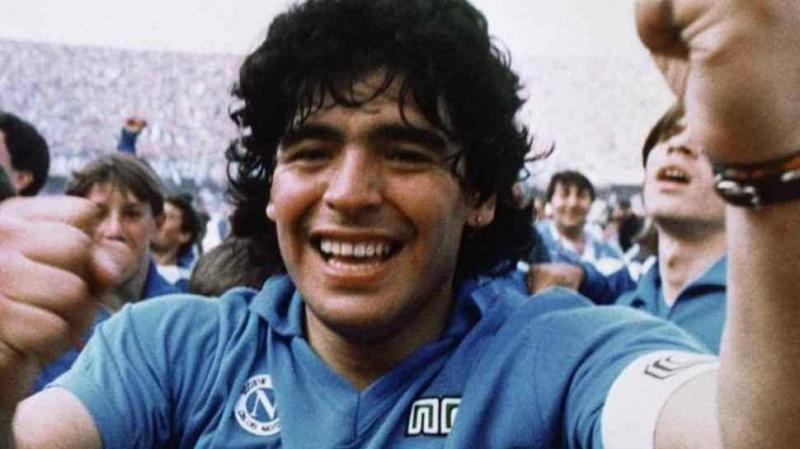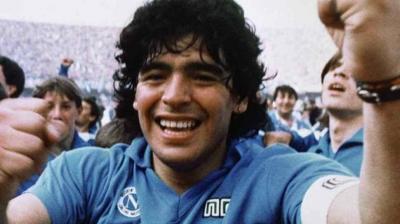Carlos Angel Diaz, the psychologist who treated the late Argentine star Diego Maradona, confirmed on Wednesday that there was no "plan to kill" the football legend, following his testimony before the prosecutor investigating the circumstances of Maradona's death. Diaz told reporters as he left the prosecutor's office in San Isidro, on the outskirts of Buenos Aires, that "my work as an addiction psychologist had no type of intervention in the fatal outcome (of Maradona), which is something that has pained us all."
He added: "It should be noted that there was no kind of criminal plan to kill Maradona, as has been said. The death resulted from a clinical environment unrelated to a psychological problem," pointing out that during treatment "there was no legal or illegal drug use," and Maradona was "of sound mind."
Diaz is the fifth member of the medical team to be summoned to this office, which opened an investigation into "involuntary manslaughter with aggravating circumstances" to determine whether the former Argentine football star was "left to his fate," suffering a slow agony due to inadequate care. Diaz stated that his work aimed to "help" the 1986 World Champion and "attempt to finally allow him to overcome the addiction that had harmed him for several decades."
He explained: "I believe this goal was achieved despite the extremely unfortunate death. We were on a path of good teamwork: achieving this recovery was hard work, requiring a lot of effort, and Maradona was willing to do it." The psychologist justified the decision to transfer Maradona to a home, as he "did not meet the criteria to be placed in a drug rehabilitation center."
Seven individuals are under investigation in the case of the Argentine football legend Diego Maradona's death last November, facing charges of premeditated murder. The medical staff overseeing Maradona's health, including neurosurgeon Leopoldo Luque and psychologist Augustina Cosachov, could face prison sentences ranging from eight to 25 years if convicted.
A source from the San Isidro prosecutor's office leading the investigation indicated that the indictment is based on findings from a panel of experts regarding Maradona's death from a heart attack last year. A report released on May 1 concluded that Maradona did not receive adequate medical care and was "left to his fate" by his medical team before his death, resulting in "inadequate treatment" contributing to his slow demise.
The 70-page report indicated that the medical committee tasked with investigating the final hours of the Argentine star determined that Maradona "began dying at least 12 hours" prior to his death, enduring "a period of prolonged suffering," following brain surgery due to a blood clot. Consequently, the accused are banned from leaving the country and must appear before investigators.
Two of Maradona's five daughters, Gianinna (31) and Jana (24), initiated the legal action, having held Luque responsible for their father's deteriorating health. The prosecution obtained a series of voice messages indicating that the medical team was aware that Maradona was using alcohol, psychiatric medications, and marijuana in the final months of his life. The medical council concluded that the "life-threatening warning signs" exhibited by the former Napoli and Barcelona star were ignored, and his care in the final weeks was "marred by deficiencies and violations."
These accusations coincide with another ongoing issue regarding Maradona's disputed inheritance, involving his five children, siblings, and former lawyer Matias Morla.




